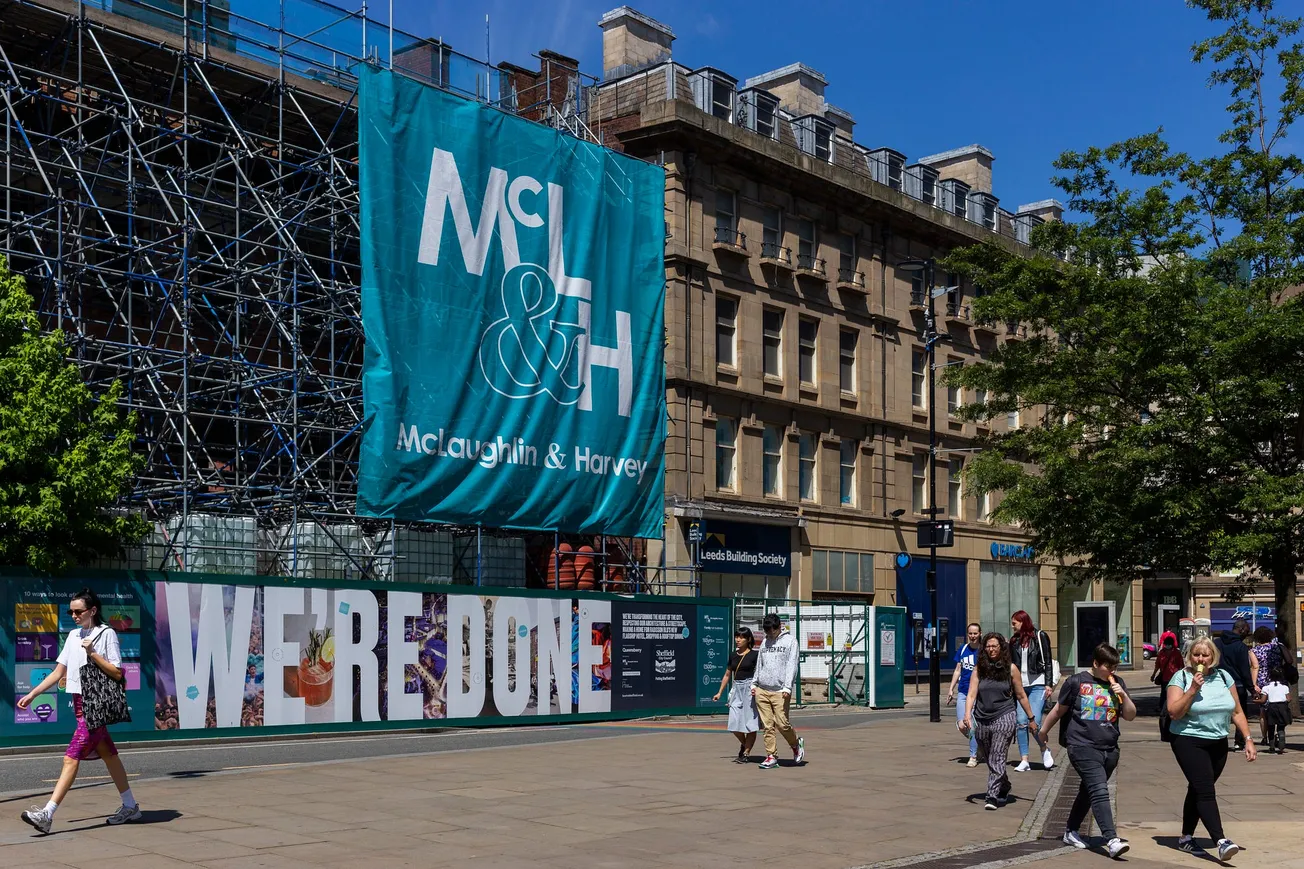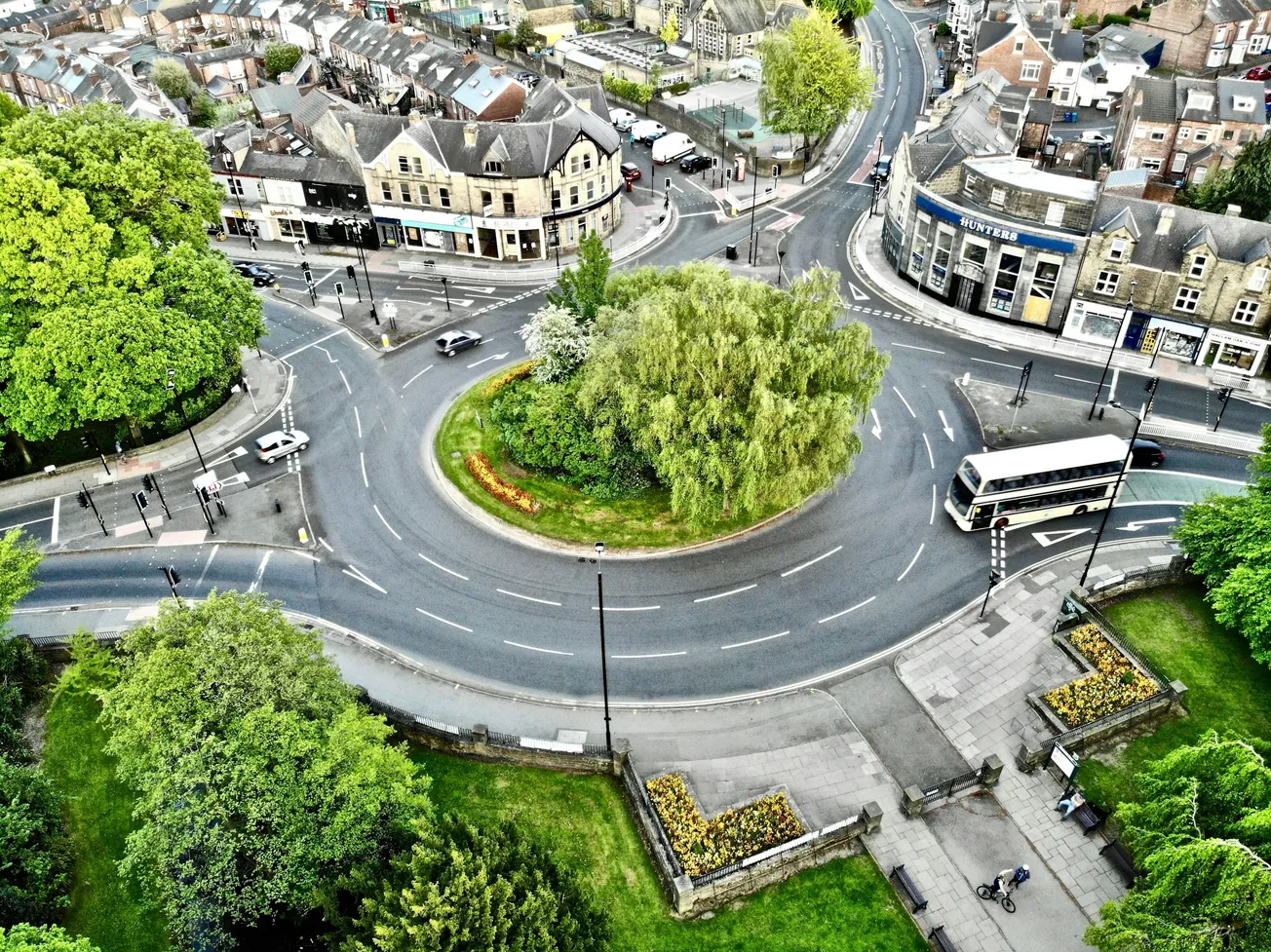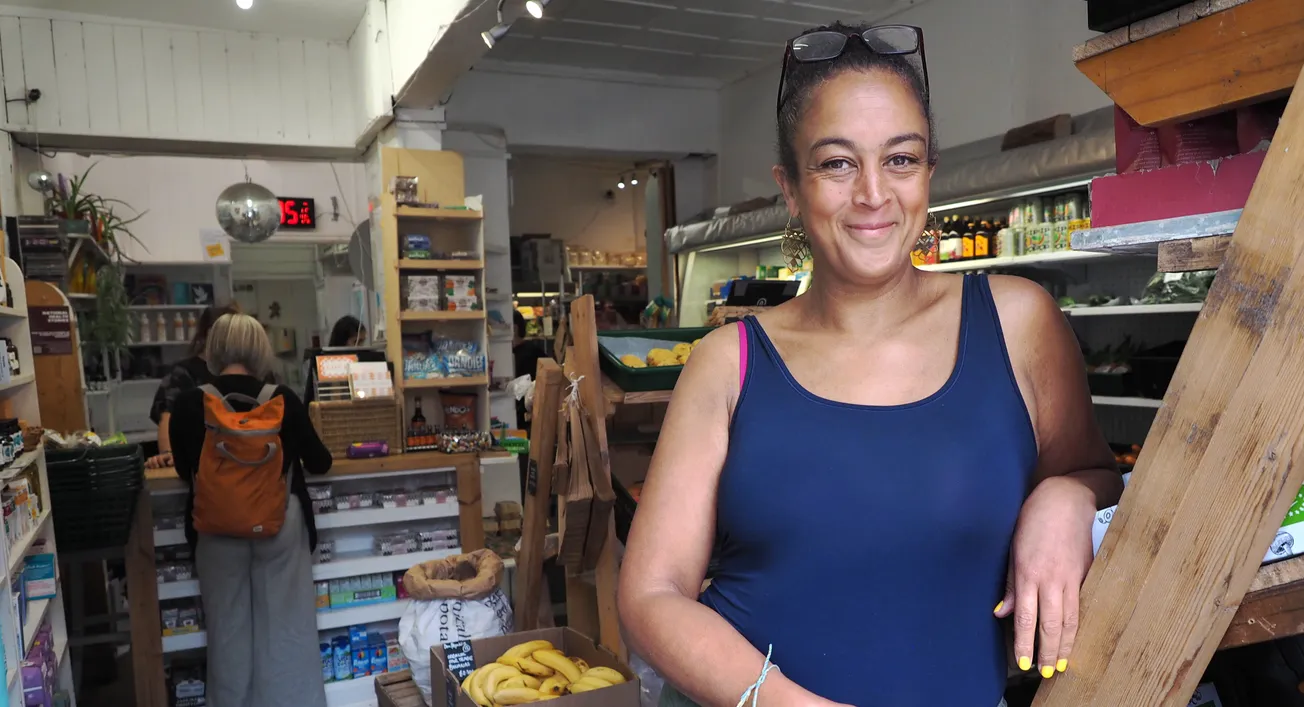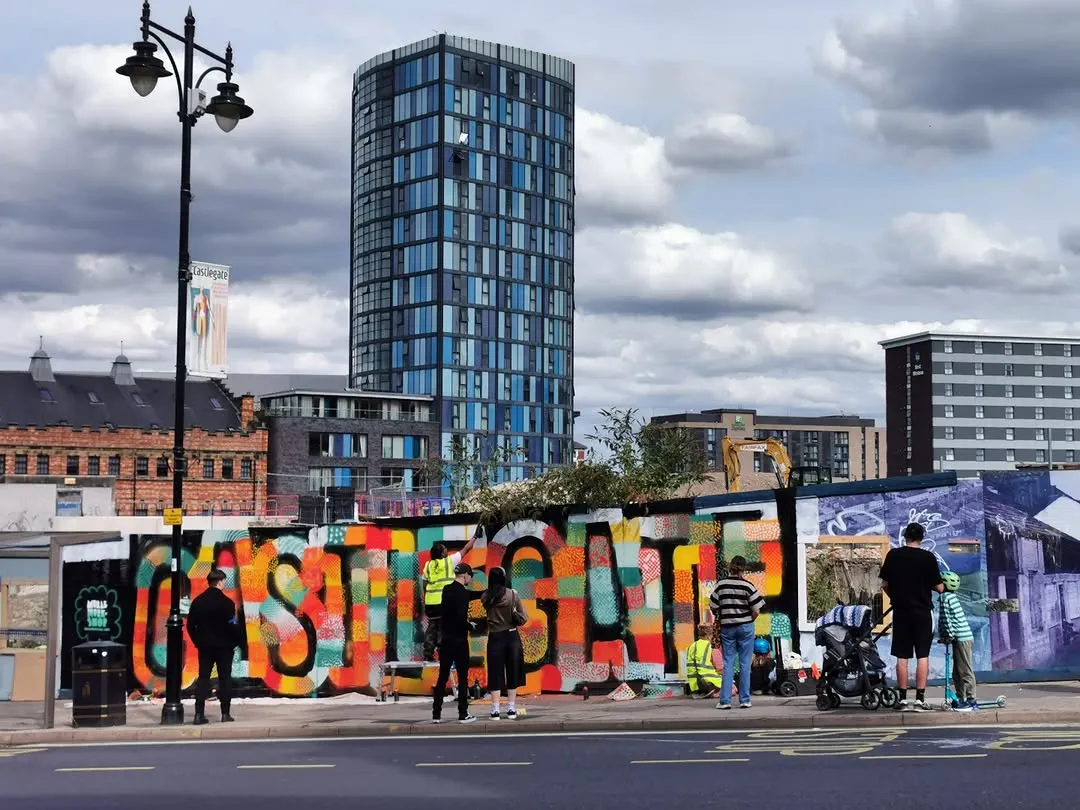Good morning members — and welcome to Thursday’s Tribune.
The pandemic is a distant memory for many of us now. But the impact of Covid will be felt for years to come. One of the biggest changes to all our lives has been the huge rise in working from home. Unsurprisingly, many people in professional careers who were able to seamlessly carry on working during lockdown very much liked the flexibility the new arrangements gave them and were keen to carry on afterwards as well. But there have been losers too. Today we look at how much the businesses of Sheffield city centre have lost from the “zoomshock”.
Editor’s note: We’re very excited about our first members’ event next week, which is now just six days away. As well as reading today’s story in full, Tribune members get the chance to come to our events and comment on our stories. One look at our comments section is all it takes to realise that we’re putting together a real community. Coming from the traditional local press where reader comments should really come with a health warning, this is very gratifying to me! If you want to get all the benefits of membership, join The Tribune today.
Your Tribune briefing
🌍 Sheffield City Council have unveiled new tourism and marketing strategies in the hope of capitalising on recent positive press coverage and the city’s success as a co-host of last year’s Women’s Euros. The plan proposes new events such as Climbing at the Sky’s Edge, an outdoor urban climbing event at Park Hill flats, bringing back an annual Pride, and developing a major events plan to help the authority bid for and host high-profile events.
🌳 Sheffield City Council have been criticised for selling off five community green spaces. The five spaces (three in S5, one in S3 and one in S6) have all been listed on Rightmove with adverts that emphasise their potential for residential development. Mohammed Almaqramy, who lives near one of the sites on Neville Drive, Burngreave, said the space was well used and complained that “other areas” of the city had been left untouched.
🕷️ Our regular contributor David Bocking has compiled his handy monthly list of what you can expect to see in Sheffield in November with experts from the Sorby Natural History Society. This month’s list includes cellar and house spiders (arachnophobes look away), fungi including earthstar and the herald of winter, and plants including wall ferns and black spleenwort. There is also a chance we’re in for a waxwing winter, the first since 2016/17.

Things to do
🎄 Today is the big day! Sheffield’s Christmas Markets will open at 10am this morning, marking the official beginning of the festive season. The markets this year feature three bars, dozens of stalls and, as always, the big wheel. Lots of events will also be taking place on the opening weekend on Saturday and Sunday including choirs, brass bands, street performers and an outdoor cinema. The markets are open until 6pm in the week and 7pm on the weekend.
🎭 On from now until Saturday at St John’s Church Hall on Abbeydale Road South is the Totley and District Operatic Society’s production of Tons of Money, a 1920s Aldwych Farce which was revived and updated by Alan Ayckbourn in 1986 for the National Theatre. Tickets are priced £7 (£6 concessions) and evening performances start at 7.30pm (there is also a matinee on Saturday at 2.30pm). For tickets, email tickets@toads-drama.co.uk or call 0114 235 1206.
🥒 Coming to SADACCA on the Wicker this Saturday (3pm-10pm) is Pickle Fest, Sheffield’s annual celebration of all things preserved, fermented and pickled. The day will kick off with a communal fermenting workshop and do-it-yourself screen printing. Later in the evening will be the community-judged pickle competition plus performances by local bands, artists and DJs. Tickets are available on a pay what you can basis (suggested donation £10) here.

Is working from home killing Sheffield city centre?
When the Lisboa Café and Patisserie on St Paul’s Parade closed in February this year, The Star’s response was typically understated. “Dismay as popular Sheffield cafe announces closure due to ‘rising costs’ and ‘dropping footfall’”, read the lurid headline. While they might not be the exact words The Tribune would use, the closure was a keenly felt loss. Opened in 2018, Lisboa sold superior coffee and delicious pastéis de nata and was just the sort of independent business that helps break the Starbucks, Costa and Caffè Nero stranglehold of our high streets. With its closure it became just another victim of a trend that has been supercharged since the pandemic. The so-called “zoomshock” of working from home has been felt across the economy — but there have been winners and losers.
My colleague Daniel Timms covered this story for us 18 months ago from the other angle. In that piece, he found the shift to greater working from home benefitted suburbs like Walkley, High Green and Totley. Rather than being emptied out by people commuting to work in the city centre, now more people were around during the day, meaning shops, barbers, cafés and pubs could expect to see higher takings than they used to (interestingly, Lisboa also has a branch in Crookes, which is thriving).
But if people are increasingly spending their money near their homes in the suburbs, it stands to reason that they’ll be spending less where they used to work. For many, that’s the city centre. A report produced by Kada Research for the Sheffield Property Association (SPA) revealed that Sheffield has seen the fourth highest increase in remote working of all the UK’s 11 core cites. The report — which hasn’t yet been published but The Tribune has seen highlights of — says that daily office occupancy is around 35%, while for big employers this drops to around 25%. The number of offices that are empty has risen from just 2% before Covid to 18% now.

This is having a big effect on businesses. The report found that if people work from home for two days a week, it costs the city centre economy £16.2 million every year. If people work from home for three days a week, that rises to £32.4 million a year. But the atmosphere of a city can’t be summed up on a balance sheet alone — for both native Sheffielders and people visiting from elsewhere, the feel of a busy centre is just as important. Dozens of city centre businesses have gone under in the past 12 months, including the Blue Moon Café on St James’ Street, the aforementioned Lisboa, and Bill’s restaurant on nearby St Paul’s Place.
Comments
How to comment:
If you are already a member,
click here to sign in
and leave a comment.
If you aren't a member,
sign up here
to be able to leave a comment.
To add your photo, click here to create a profile on Gravatar.







